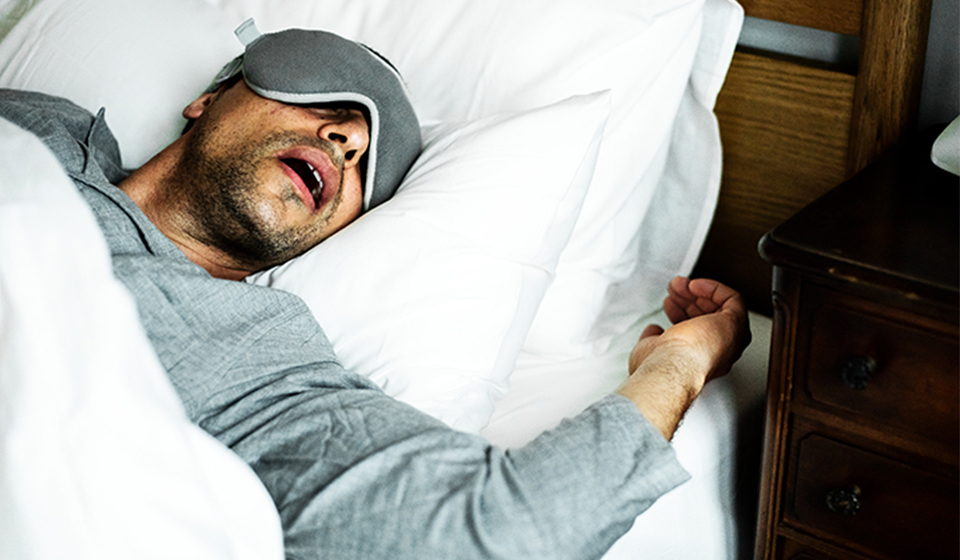Sleep is essential for our overall well-being, yet many individuals struggle to achieve restorative sleep due to various health conditions. One such condition that affects millions worldwide is sleep apnea. If you’re experiencing issues with your sleep or suspect you might have sleep apnea in Houston, TX, it’s crucial to understand what this condition is and how it can impact your life.
What Is Sleep Apnea?
Sleep apnea is a serious sleep disorder characterized by repeated interruptions in breathing during sleep. These interruptions can last from a few seconds to minutes and may occur numerous times throughout the night. The most common type of sleep apnea is obstructive sleep apnea (OSA), which occurs when the muscles in the throat relax excessively during sleep, leading to blocked airways.
Recognizing the Symptoms
The symptoms of sleep apnea can vary, but common signs include:
- Loud Snoring: One of the most recognized signs, though not everyone who snores has sleep apnea.
- Choking or Gasping: People with sleep apnea often wake up feeling like they are choking or gasping for air.
- Excessive Daytime Sleepiness: Due to interrupted sleep, individuals may feel tired during the day, struggle to stay awake, and have difficulty concentrating.
- Morning Headaches: Frequent headaches upon waking can indicate a lack of oxygen during sleep.
- Mood Changes: Irritability, depression, or anxiety can also be symptoms of sleep apnea, stemming from the effects of sleep deprivation.
Diagnosis of Sleep Apnea
If you suspect you have sleep apnea, it’s essential to seek professional help. Diagnosis typically involves a comprehensive evaluation that may include:
- Medical History: Your doctor will ask about your symptoms, sleep habits, and any family history of sleep disorders.
- Sleep Studies: Polysomnography, or a sleep study, can be conducted in a sleep clinic or at home to monitor your sleep patterns, breathing, and oxygen levels during sleep.
- Home Sleep Apnea Testing: For some individuals, home testing devices can be used to measure airflow, heart rate, and oxygen levels while you sleep.
Treatment Options for Sleep Apnea
Fortunately, sleep apnea is a manageable condition, and various treatment options are available depending on the severity of the disorder:
1. Lifestyle Changes: For mild cases, making lifestyle adjustments can significantly improve symptoms. This may include losing weight, avoiding alcohol and sedatives, quitting smoking, and establishing regular sleep patterns.
2. Continuous Positive Airway Pressure (CPAP): This is the most common treatment for moderate to severe sleep apnea. A CPAP machine delivers a steady stream of air through a mask to keep the airways open during sleep.
3. Oral Appliances: Dental devices designed to reposition the jaw and tongue can help keep the airway open. These are often recommended for individuals who cannot tolerate CPAP therapy.
4. Surgery: In some cases, surgical options may be considered to remove excess tissue or correct structural issues contributing to sleep apnea. This might include uvulopalatopharyngoplasty (UPPP) or maxillomandibular advancement.
Conclusion
Understanding sleep apnea is crucial for recognizing its impact on your health and well-being. If you are experiencing symptoms or have concerns about sleep apnea in Houston, TX, consult a healthcare professional to discuss your options and receive the necessary support. At Unident Family Dentistry in Houston, TX, our experienced team is dedicated to helping you achieve better sleep and overall health. Don’t let sleep apnea disrupt your life; seek help and take the first steps toward a more restful and fulfilling sleep.






